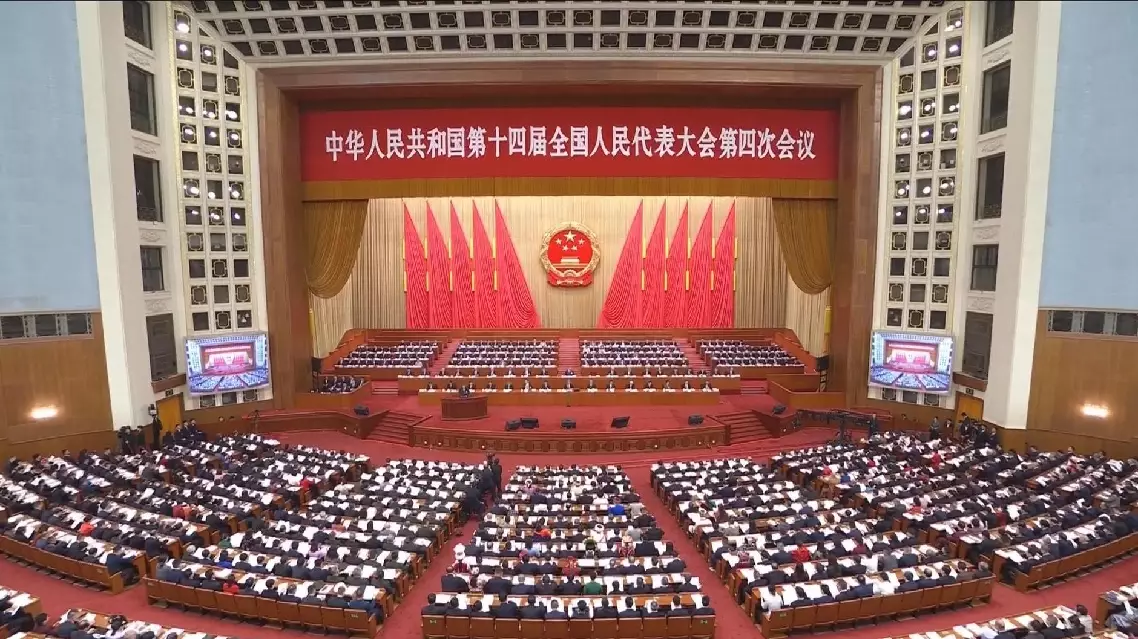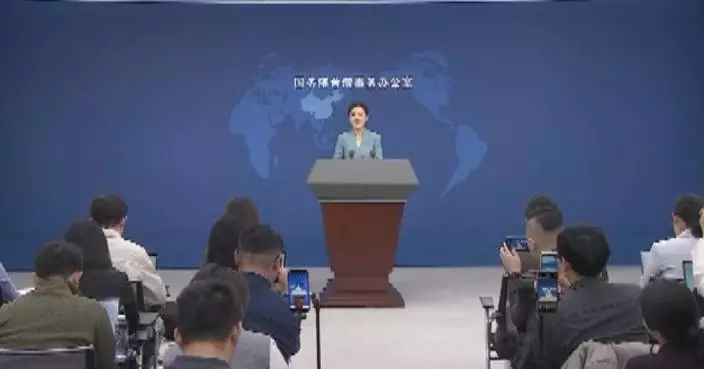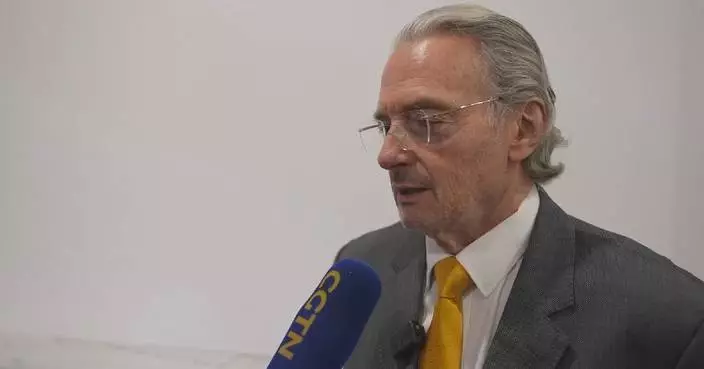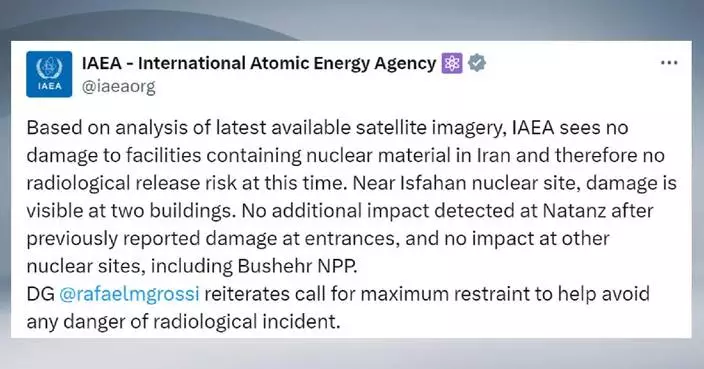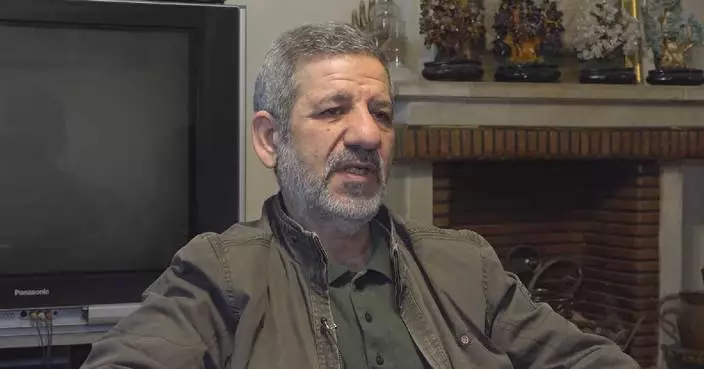Chad Hanson, a forest ecologist with the John Muir Project, has blamed extreme weather conditions, outdated wildfire policies, and inadequate community preparedness for the devastation caused by California's recent wildfires, urging a shift toward more effective prevention measures.
In an interview with China Global Television Network (CGTN), Hanson, who works for the nonprofit dedicated to protecting public forests, discussed the underlying causes of the wildfires and highlighted systemic policy failures.
Hanson identified the combination of dry weather, powerful Santa Ana winds, and low humidity as the primary drivers of the fires, explaining that these conditions overwhelmed firefighting efforts and shifted the focus to evacuations.
"First, it's just the convergence of fire weather circumstances that allowed these really big fires to happen at this time, and we have a dry fall and dry early winter, [with] very little precipitation. We have an extreme Santa Ana wind event. Santa Ana winds are very powerful normally, but this is an extreme one, where we have wind gusts over eighty miles an hour, up to a hundred miles per hour. And we have extremely dry air. The relative humidity is in the single digits. So, you've got these dry winds coming at enormous velocities over the mountains from the Mojave Desert. Driving these fires, in circumstances like that, you simply can't stop the flames. The firefighters, it's not possible, and it's not reasonable of us to expect them to do that. So, they've been focusing on saving lives and trying to get people and their animals safely evacuated," Hanson said.
Hanson also criticized U.S. wildfire management policies, which he argued have long focused on vegetation removal in forested areas - an approach that fails to address the growing risks to communities not located near forests.
"The second is that our wildfire policies in this country, at the state and federal level, have really been focused on wild lands—out there trying to remove vegetation, remove shrubs, remove trees—and thinking that's somehow going to stop a fire from reaching towns. And that strategy has failed, especially in the era of the climate crisis. These fires are weather-driven and wind-driven, and they are going right through any areas where vegetation removal happened. And you know, on top of that, most of those policies are focused in forests, and these communities are nowhere near forests. And so, we have a mismatch between where our attention, our resources, and the funding [are] going and the communities that are vulnerable. And a lot of communities have a false sense of security, thinking that, well, firefighters will help them or the fire problem is out there somewhere. And the communities haven't been given the support, the technical assistance that they need, and the information they need to know how at risk they are and what they can do about it," Hanson explained.
Hanson called for a more pragmatic, science-driven approach to wildfire prevention, focusing on strengthening the resilience of homes in fire-prone areas. He highlighted several straightforward, cost-effective measures that could significantly reduce the damage from fires, including home hardening and simple upgrades to buildings.
"These are not debatable points, you know, the things that actually do keep people safe, that do prevent homes from burning. The science - there's no debate in the scientific community about this. There's unanimity. They're pretty simple things. We're just not really spending much money on them. We're not focusing on them. Policymakers are focusing on other things, and that needs to change. So, number one: home hardening, making homes themselves more fireproof. Simple things like getting dry leaves off the roofs, putting on rain gutters so dry leaves don't accumulate in the rain gutters. That matters because most homes burn from embers, driven by the winds, far in advance of the flames. Embers land on the roof, ignite the dry leaves. Exterior vents, like attic vents, replace and get rid of those old coarse wire mesh vents from the 1970s, 1980s, and replace them with a fine wire mesh, one-eighth inch, one-sixteenth inch wire mesh that prevents the embers from coming into the attic," Hanson concluded.
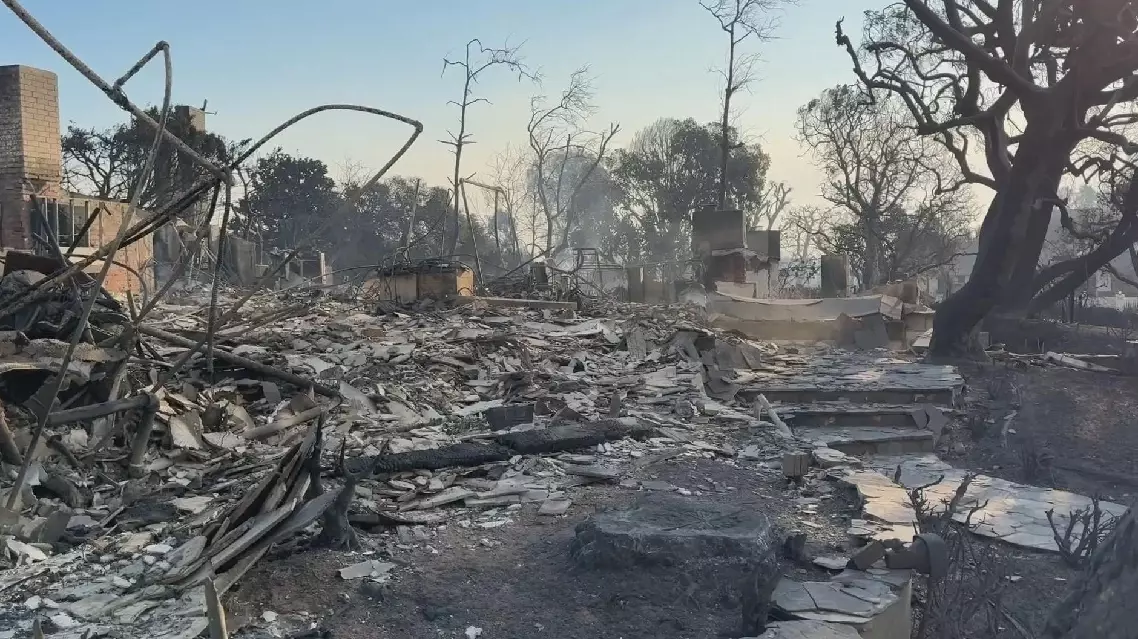
Expert criticizes US response, policy failures for California wildfires


